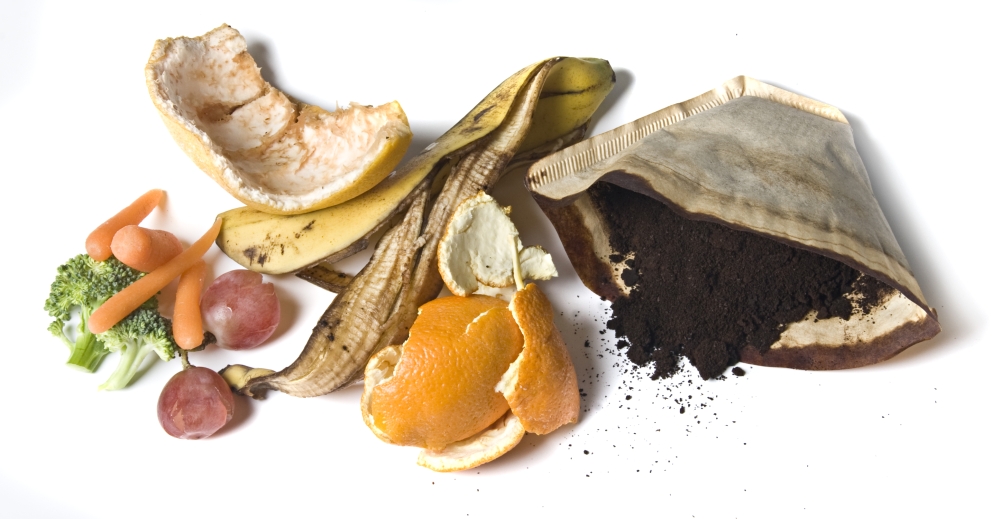To reduce contamination at compost facilities, a new law in Minnesota (Minn. Stat. § 325E.046) requires all bags, packaging, and food service products labeled as “compostable” and sold in Minnesota after Jan. 1, 2025, to meet certain requirements. They must be made only of wood or paper with no additives or coatings or meet specifications for composting in an industrial compost facility.
Bags, packaging, and food service products that are labeled “compostable” and meet the requirements above must be clearly and prominently labeled on the product or the product’s smallest unit of sale to reflect that they are intended for composting at an industrial compost facility.
Bags, packaging, and food service products may not be labeled “biodegradable,” “degradable,” “decomposable,” or any similar terms.
Beginning Jan. 1, 2026, all products sold in the state that are labeled “compostable” must be certified compostable by a nonprofit third party.
Why is this law important?
Contamination is one of the biggest challenges facing organics recycling programs. Much of this contamination is from food service products with misleading labels. Clear and consistent labeling will make it easier for consumers to recognize when a product is truly compostable.
Food scraps and compostable materials make up approximately one-third of residential waste. Diverting these materials from the trash is necessary to meet the state’s recycling and composting goals (Minn. Stat. § 115A.551, subd. 2a). Counties, cities, and Tribal Nations are continuing to develop composting facilities and organics recycling programs. The success of these programs depends on reducing contamination. Less contamination means less time and money spent on contamination removal. Less contamination also leads to cleaner compost that is easier to sell and better for the environment.
How do I determine if a product is compliant with the law?
This law applies to bags, packaging, and food service products including plates, trays, cups, bowls, to-go containers, utensils, and straws that are labeled “compostable.”
Products that are certified as compostable by the Biodegradable Products Institute (BPI) are compliant with the law. BPI is the only known nonprofit third-party certifying organization that meets the requirements of the law. The MPCA will update this webpage if other certifications that comply with the law become available.
Starting Jan. 1, 2026, covered products that are labeled “compostable” must be certified by BPI.
Products must be labeled to reflect that they meet the applicable ASTM standard. Please note that many compost facilities only accept products that are certified compostable by BPI, so even if a product meets one of the ASTM standards, it still may not be accepted in a composting program if it is not certified by BPI.
Products labeled as “biodegradable,” “degradable,” “decomposable,” or any similar terms, are not compliant with the law.
How do I comply with the law?
Manufacturers, distributors, or wholesalers may not sell or offer for sale covered products that do not comply with the law. Other entities, including businesses, may not knowingly sell or offer for sale covered products that do not comply with the law.
To report noncompliance, please use the MPCA online complaint form.
What do I need to know as a consumer or a resident?
This law focuses on what products are allowed to be sold in Minnesota. However, compost sites may not accept all products that meet the requirements of the law. Consumers and residents should check with their county, city, or compost site to confirm which products are accepted by the site that receives their compostable material. Most compost sites in Minnesota only accept compostable products that are certified compostable by the Biodegradable Products Institute (BPI).
